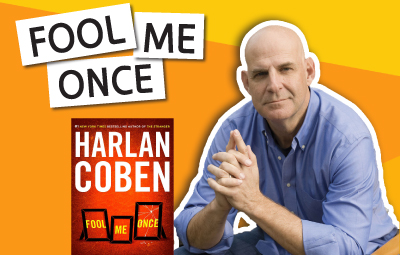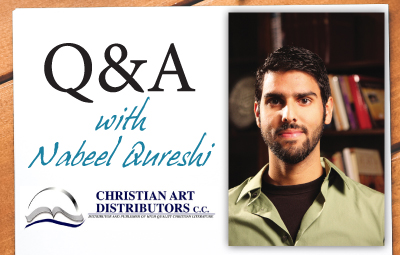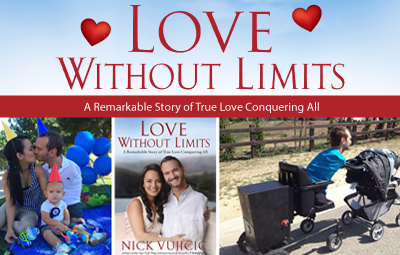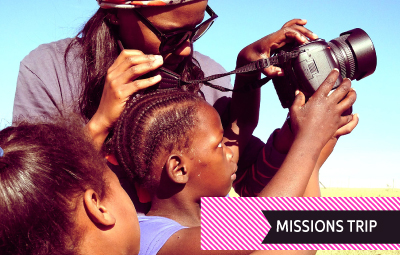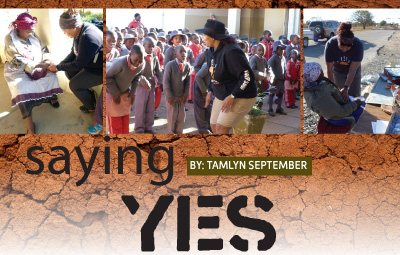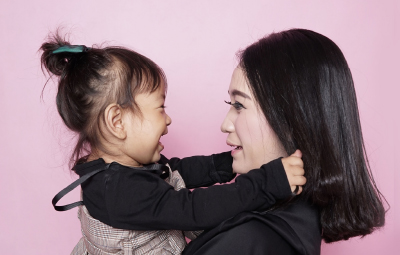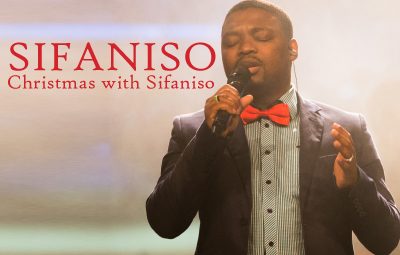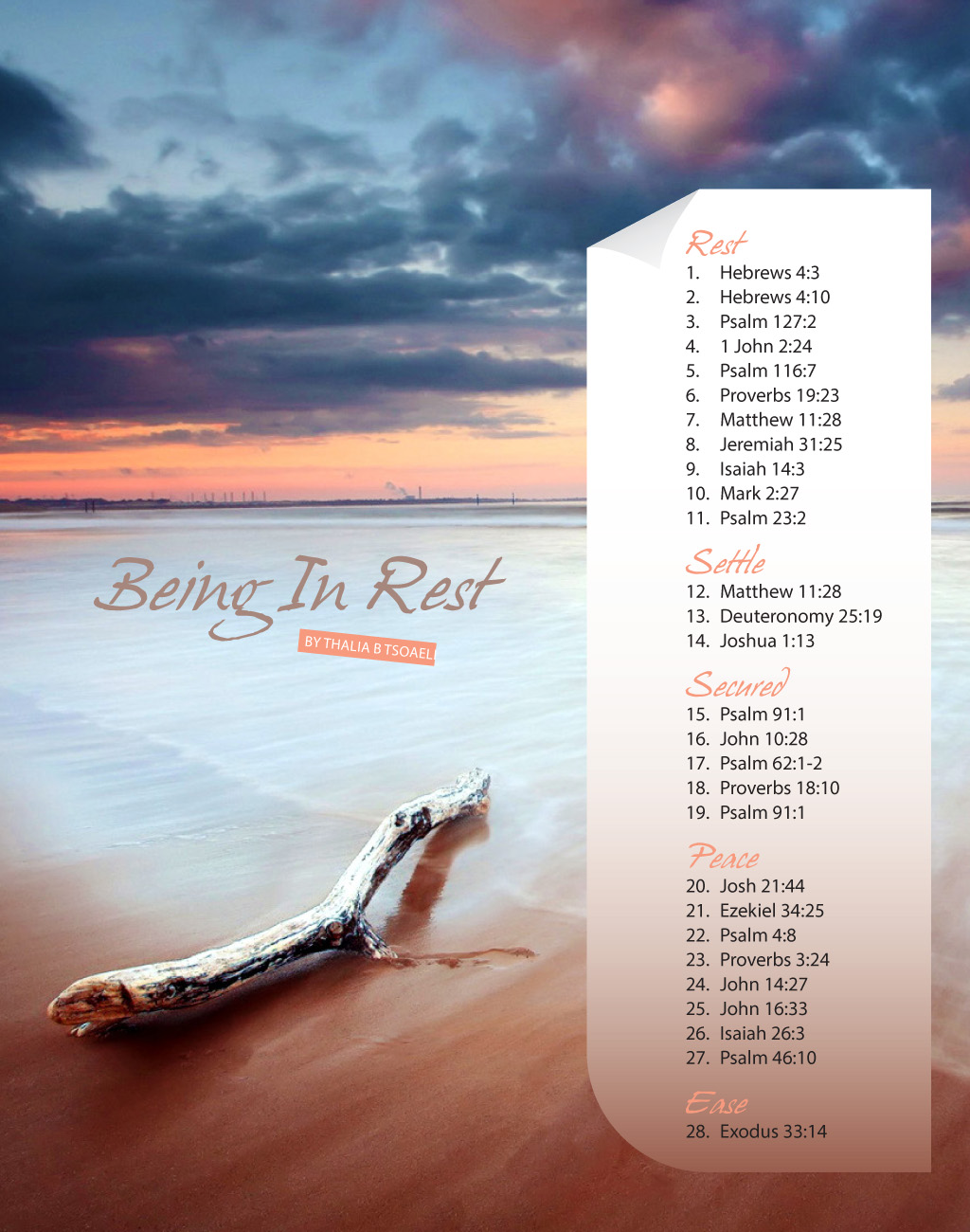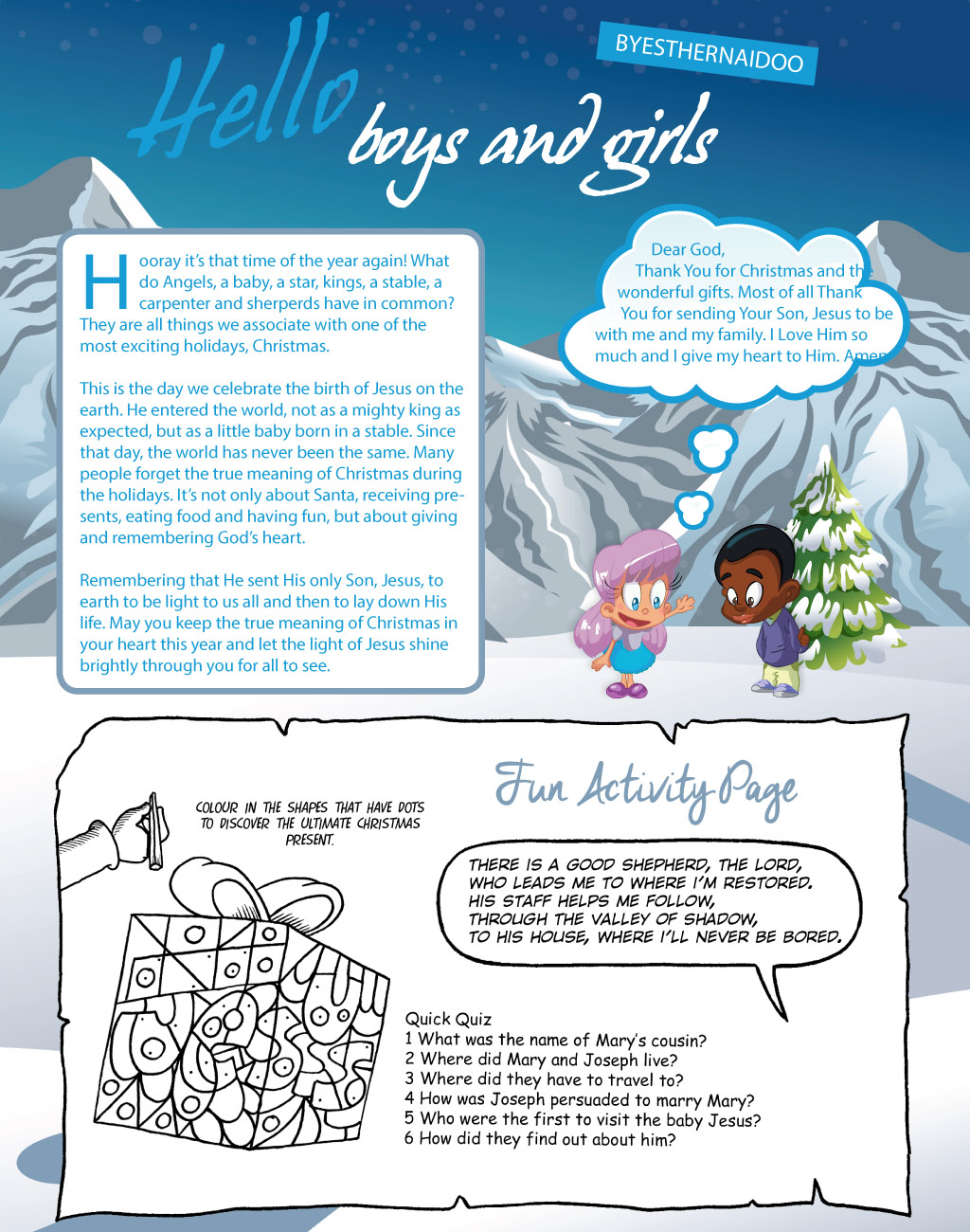
On a recent trip I was accommodated by a family I had never met before; I often stay in the homes of families who also provide space for me to do consultations at their home. Before I arrived I was told the dad works late hours (he owns a restaurant), and I thought to myself, "Poor kids, this surely must cause them to be a dysfunctional family as the dad is absent so much." To my utmost amazement, I was absolutely surprised by the well-being of this family during my stay. The reason for the healthy family situation was that they were part of an extended family; one pair of grandparents was living at the same premises, while another grandmother lived a couple of streets away. All the grandparents are very involved in the lives of these children, leaving a legacy and inheritance in their unique way.
I found more completeness and a sense of belonging in this family than in most homes I visit. In my fourteen years of travel, and staying mostly in white South African homes, I found the reality of extended families rare. Maybe three out of every hundred.
An extended family is defined as a person's relatives outside of the immediate circle of his spouse or children. An example of an extended family would comprise any grandparents, aunts, uncles and cousins. Knowing and building a close relationship with extended family members can improve the quality of the immediate family's lives.
Extended families have existed in many cultures throughout the world for as long as time existed. Though there has been a marked decrease in extended families because of economic growth and Western education bringing value changes (which highlights individualism over collectivism), many cultures still embrace them. The list is long; Italians, Greeks, Spaniards, Africans, Koreans, Middle Easterners, Latin Americans, Indians, Asian Indians, Taiwanese, Japanese, Chinese, Pacific Islanders, Maori and Aboriginals. Traditionally an extended family has provided an economic unit where each member takes on some responsibility. It also provides a rich network of marriage relationships and support in bringing up children and looking after older family members. In addition to this it passes on the knowledge of language, religion, land, buildings, food customs, family values and ancestry.
Families have become more scattered, isolated and self-governing, making it more difficult for children to establish relationships with extended family members. This in turn makes it less possible to learn valuable lessons from the elderly. Very few people would consider staying in such close quarters with their family as it would invade their privacy and require more effort in relationships. In actual fact, they rob themselves of wonderful opportunities for growth. Learning from the elderly is often not considered a value by the younger generation anymore; "Wisdom is with the aged, and understanding in length of days" ( Job 12:12). My married daughter lives on a farm, on which also lives the one great-grandmother of her children, who is 87. One of her boys, a real risktaker three-year old, walks over to his greatgrandmother's house a few times a day, and I witness the purposeful relationship between the two growing by the day.
My daughter also learns wonderful lessons from this elderly wise woman, some of which she could never learn from me. As a child, on our own farm, we always had my grandparents staying close by in their own cottage. We all cared for them until they died. It enlarged my heart so much for the elderly that I could also take care for my own mother during her last two years on earth after a stroke. This kind of community does stretch a heart. Having extended family members in one's life and the lives of one's children can help build a strong sense of belonging, specifically if its members are rooted in Jesus. Although children usually bond with their parents and siblings first, extended family members can also provide the emotional and physical support they need.
One of the advantages of having an extended family is the stability and consistency that it can bring to the life of the children. The close-knit relationship it offers to children can contribute positively to their emotional development. This is precisely what I witnessed in the home where I stayed on my visit.
An extended family is also the closest form of society children have. Having more people in the house often help small children learn how to act and behave in various situations.
Extended families bring support and reinforcement for parents. Parenting is tough, but having the participation of extended family members can offer the benefit of support and encouragement for parents. Raising children comes with both good times and bad times, and extended family members can offer the support needed when times get tough. Adults in the extended family may even be able to provide some assistance with childcare, providing parents with a much needed break from time to time. Extended families improve belonging and worth in children. The relationships children build with extended family members can provide them with a better sense of identity and support, improving the way they feel about themselves. Time can be spent to anchor the young in their identity in Christ.
The involvement of extended families also links to other interests and ideas. Aunts, uncles, cousins and grandparents may have ideas, interests or skills that are different from those of their parents. I teach my grandchildren totally different skills that they would ever learn from the parents. I take interest in their interests and can invest and develop their passions. Becoming a grandparent is an important step in adult life. For many people it is a joyful one, opening up possibilities for the grandparents, grandchildren and the parents. Grandchildren provide a new focus for family relationships and can rekindle the kind of intimacy that might have got lost along the way - enriching lives across three generations.
Technology makes it easier than ever to connect across the miles. One way to help kids establish relationships with extended family members that may be far away is to set up monthly telephone calls or Skype chats.
If family members are not living close by, there is a way to establish relationships with extended family. Technology makes it easier than ever to connect across the miles. One way to help kids establish relationships with extended family members that may be far away is to set up monthly telephone calls or Skype chats. Talking from time to time can help foster the relationships between the main family and extended family members. Email is a quick and easy method kids can use to keep in contact with extended family members. While they may only see these family members occasionally, they can have contact on a regular basis by email. Old-fashioned letters are another way to establish relationships with family members. Children will enjoy receiving mail, while aunts, uncles, cousins and grandparents are sure to enjoy hearing from your children. Lastly, keeping family photo albums with photos of extended family members can help children become more familiar with these long-distance members. Spend time looking through photos with your children, telling them stories about family members that will help provide a great foundation for building relationships. If grandchildren are young adults, they can visit these family members and learn from their lives too.
Dynamis encourage families to be restored as a unit as this is a strength to be reckoned with


